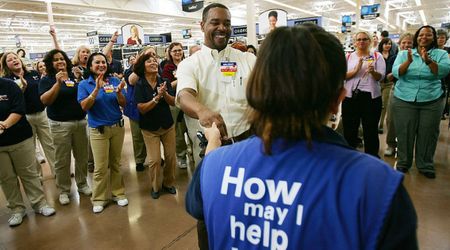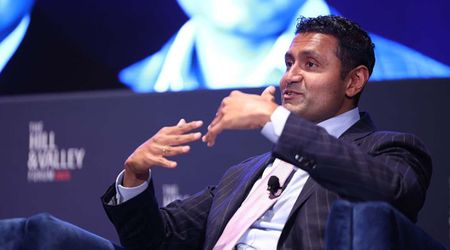Here are the 3 Key Steps That a CEO Recommends for Workplaces to Adapt to Changing Times

In today's rapidly evolving work environment, adaptability is key, and Frank Weishaupt, CEO of Owl Labs, has more than two decades of executive experience when it comes to managing transitions in offices. Having witnessed significant shifts in the workplace, particularly accelerated by the Covid-19 pandemic, Weishaupt advocates for embracing change and rethinking traditional approaches to work. Here are insights that shed light on the three key aspects that shape the modern work culture.
Embrace remote work
Weishaupt starts off by challenging the commonly accepted notion that leans in favor of traditional physical offices even after the pandemic pushed firms towards work from home. He emphasizes that the focus should be on productivity rather than physical presence. Mandating strict office attendance schedules, according to Weishaupt, is outdated and counterproductive. He suggests adopting a task-based approach where employees have the autonomy to choose when and where they work best. While in-person meetings remain valuable, Weishaupt advocates for flexibility, allowing employees to balance remote work with occasional office attendance for collaborative sessions or important meetings.

Redefining dress codes
Employees working from living rooms during the pandemic or those who chose to be digital nomads, were seen turning towards more comfortable clothing rather than a more formal attire. As remote work becomes more prevalent, Weishaupt proposes reevaluating traditional dress codes. Many employees find comfort and productivity in dressing casually, mirroring their environment outside the office. Weishaupt argues that rigid dress codes can be exclusionary, have become outdated, and perpetuate stereotypes that limit diversity. By embracing a more relaxed dress code, companies can foster a culture of inclusivity and authenticity where employees feel valued for their contributions rather than their appearance. In addition to that, redefining dress codes also helps employees align themselves with the evolving nature of work and reflects the changing expectations of professionals in today's dynamic workforce.

The task of employee monitoring
Weishaupt raises concerns about the growing trend of employee monitoring through tracking software. While some companies justify it as a means of ensuring productivity, Weishaupt believes it erodes trust between employers and employees. He warns that invasive monitoring practices can deter talented individuals from joining the company and create a culture of surveillance and distrust. Instead of such micromanagement, Weishaupt advocates for using data to optimize office space and operations without compromising employee privacy and autonomy. By prioritizing trust and respect, companies can cultivate a positive work environment where employees feel empowered and valued, subsequently paving the way for productivity.

What's the conclusion?
In a world where the only constant is change, Frank Weishaupt offers valuable insights for navigating the evolving landscape of work. By embracing remote work, redefining dress codes, and navigating employee monitoring with transparency and respect, companies can adapt to the changing needs and expectations of their workforce. As we move further into 2024, the key to success lies in embracing flexibility, trust, and inclusivity in the workplace. With leaders like Frank Weishaupt paving the way, the future of work looks promising for both employers and employees alike.






















